Siri vs Google Assistant vs Cortana vs Alexa: battle of the AI assistants
Who should you be making friends with?

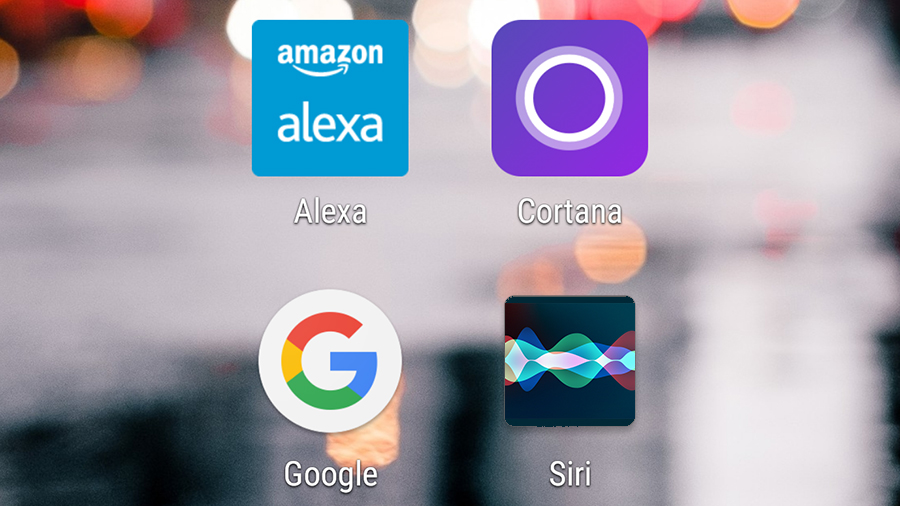
Get all the latest news, reviews, deals and buying guides on gorgeous tech, home and active products from the T3 experts
You are now subscribed
Your newsletter sign-up was successful
You can't have failed to notice the rise of the AI-powered assistants on phones, from Siri to Google Assistant to Cortana... and there are apparently more on the way in the near future. These apps offer a lot of the same features, though there are some differences too.
Below we've taken four of the most well-known digital assistants of the moment and put them through their paces to see where their strengths and weaknesses lie, and to see whether some offer a better level of assistance than others. Here's what we found.
Apple Siri
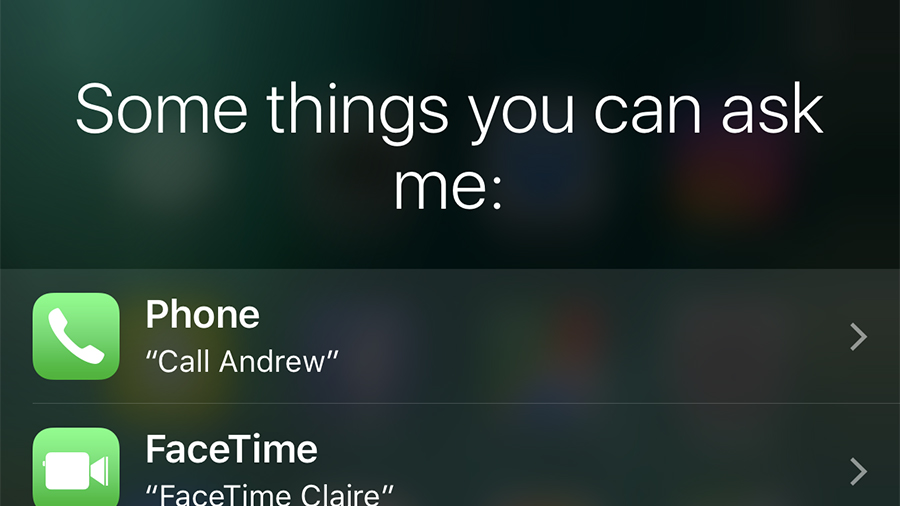
Apple was the first to put a voice-controlled assistant on a phone and Siri has grown from being a basic interface to your iPhone's functions to something much smarter and astute - and of course it's found its way to macOS now as well.
Siri's still happier answering general questions it can look up on the internet rather than anything personal or specific, due in part to Apple's determination to put user privacy first (which means not collecting a load of information from your emails or your location like Google does) - but it can still bring up messages, calendar entries and so on.
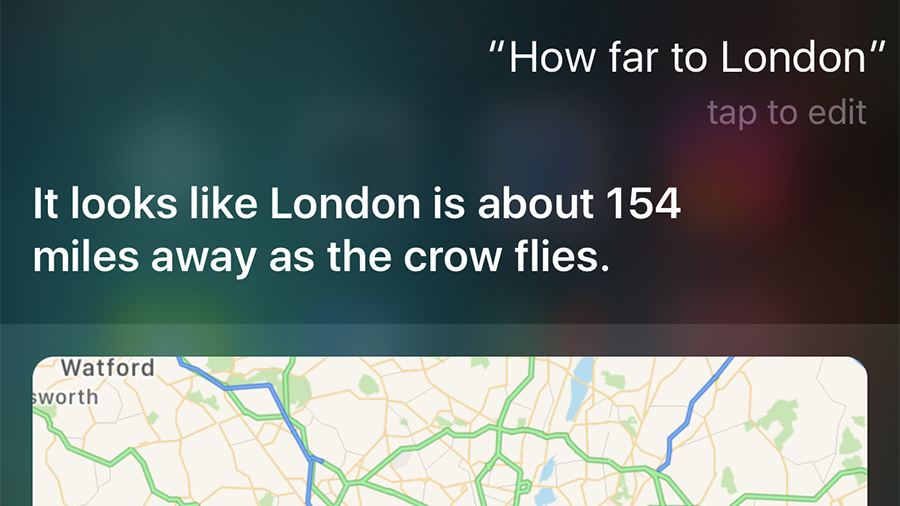
We asked Siri about nearby restaurants, the weather, movie showings and travel distances, and it handled everything with a fair amount of ease. You don't get the option of typing your queries in, like you do with Google Assistant and Cortana, but that's not a huge problem most of the time.
Ultimately Siri can take pretty much anything you can throw at it, with a vast selection of features and functions. The only points in the negative column are its lack of integration with any apps or devices not made by Apple (though that's improving, slowly), and the occasional fail at understanding queries couched in more natural language.
Our verdict: Siri's been doing this a long time, and it shows - but how about versions for Android and Windows, Apple?
Get all the latest news, reviews, deals and buying guides on gorgeous tech, home and active products from the T3 experts
Google Assistant
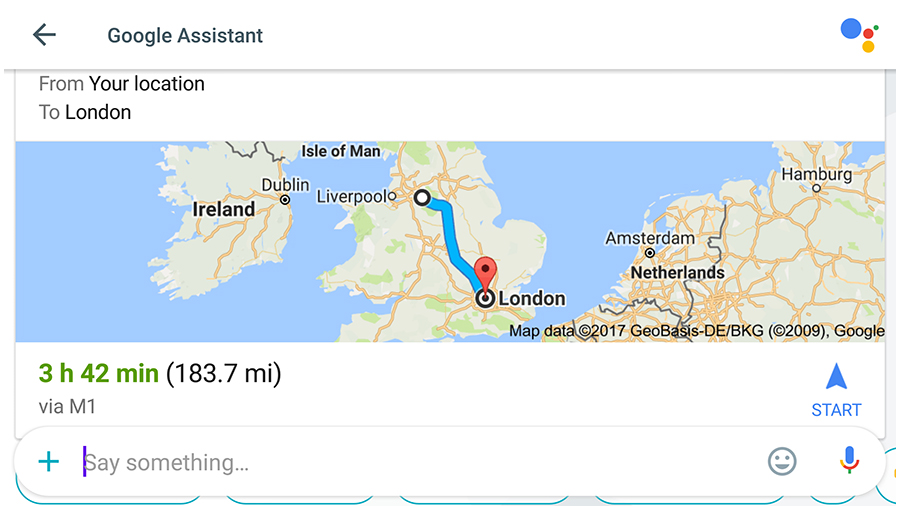
Google hasn't been all that clear about where Google Now ends and Google Assistant begins, but we're assuming Google Assistant is the future as it rolls out to more handsets, having originally been a Pixel exclusive.
Perhaps Google Assistant's biggest selling point is the way it ties into all the other services Google develops, so if you're heavily involved in the Google ecosystem it's going to be much more appealing. Ask to see "photos of Barcelona", for example, and Google Assistant shows you pictures you've taken of the Spanish city (if they're in Google Photos) as well as results from the web.
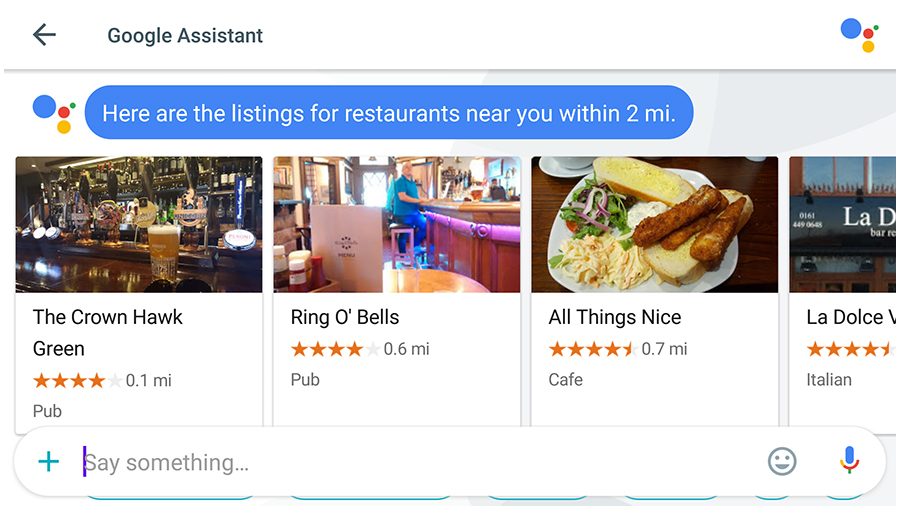
Google Assistant dealt with our queries about the weather, nearby restaurants and distances with aplomb - on the distances one, again there's neat integration with another Google service, in this case Google Maps.
What Google Assistant is also good at is answering follow up questions, so you can ask to see movies showing nearby and then narrow down your search to just comedy films. It can also pull up information like flights and hotel bookings from Gmail.
Our verdict: Not quite the finished article yet but scores highly for its use of natural language and tight integration with other Google services.
Microsoft Cortana
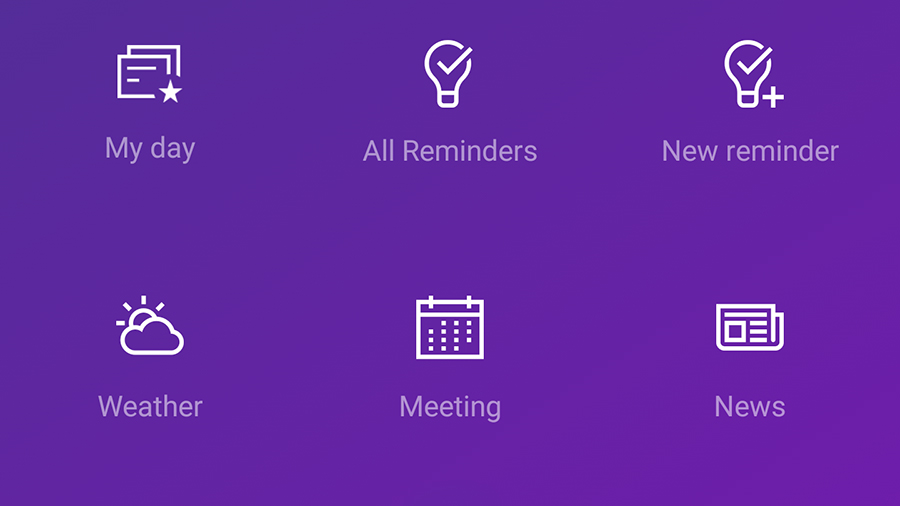
Cortana is available as a built-in part of Windows 10 as well as through apps for Android and iOS, so if you spend a lot of time hopping between devices then it makes it easy for you to take your AI buddy along with you wherever you go.
In use Cortana proved very adept at handling our usual queries about local movie showings, weather forecasts, nearby restaurants and driving directions, though it's not quite as well integrated with other apps as Siri and Google Assistant are, which is probably to be expected.
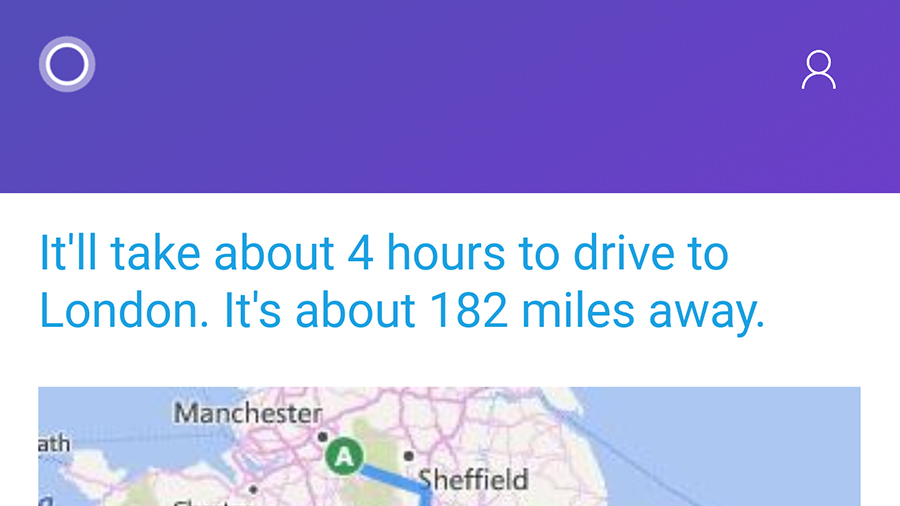
It's not quite as comprehensive (yet?) as some of its rivals - asking who won the best picture Oscar just brought back web search results, whereas Google Assistant and Alexa simply said "Moonlight". (Siri listed previous winners up to 2016.)
Still a bit rough around the edges then, but available on the desktop as well as mobile, and also very good at reminders and notes, which is handy if you need to get a reminder to buy flowers the next time you're at the shops. That's not something that only Cortana can do, but it does a better job of organising your to do lists than its rivals.
Our verdict: The cross-platform approach is to be applauded, and mostly very competent - with a few areas it can improve in in the future.
Amazon Alexa
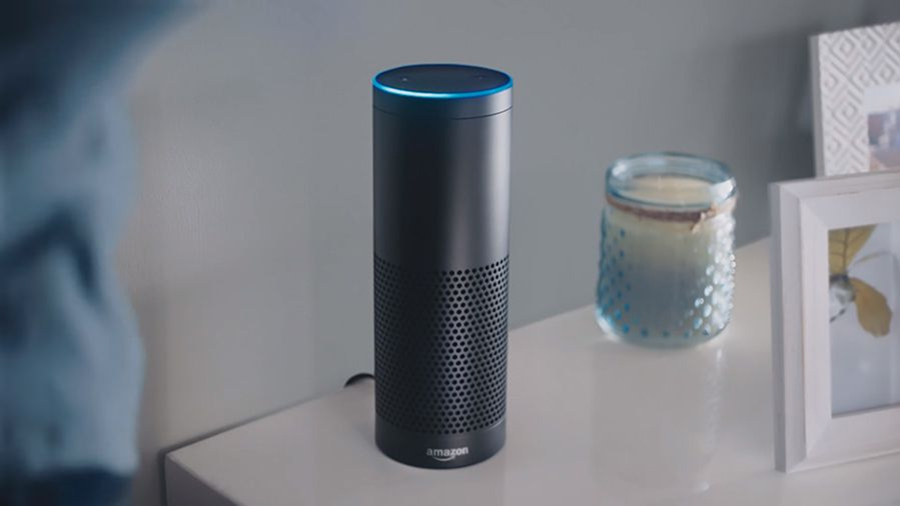
The odd one out in some ways because the most well-known device with Alexa is not a smartphone but the Amazon Echo speaker. That said, it is making its way to more phones and more devices, and there's an accompanying mobile app as well.
Alexa is able to handle all the basics like weather and movies without any issues, but where it really comes into its own is with its third-party integrations - it can order pizzas, taxi rides, and items from Amazon, play your music on Spotify, or read out audiobooks. Developers have been quick to develop Alexa skills and in terms of the breadth of what it can do it's way ahead of the other assistants here.
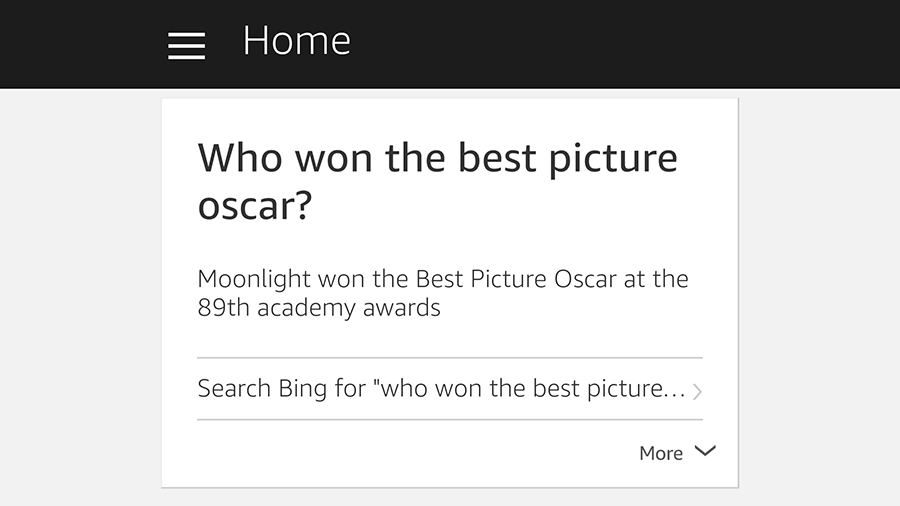
However, it's not quite as polished when it comes to the core functions as something like Siri or Google Assistant, and because it's audio only, you can't quickly scroll through information like you can on a screen - Alexa has to read everything out.
The Echo series of speakers are certainly impressive bits of kit in terms of sensitivity and accuracy but Alexa needs to broaden its horizons to truly compete with Siri, Google Assistant and Cortana, and it looks like that's exactly what Amazon's planning.
Our verdict: An assistant with an impressively broad reach, but it needs to move to screens and phones soon.
- Want to try out Google Assistant? The LG G6 might be the phone you're looking for

Dave has over 20 years' experience in the tech journalism industry, covering hardware and software across mobile, computing, smart home, home entertainment, wearables, gaming and the web – you can find his writing online, in print, and even in the occasional scientific paper, across major tech titles like T3, TechRadar, Gizmodo and Wired. Outside of work, he enjoys long walks in the countryside, skiing down mountains, watching football matches (as long as his team is winning) and keeping up with the latest movies.